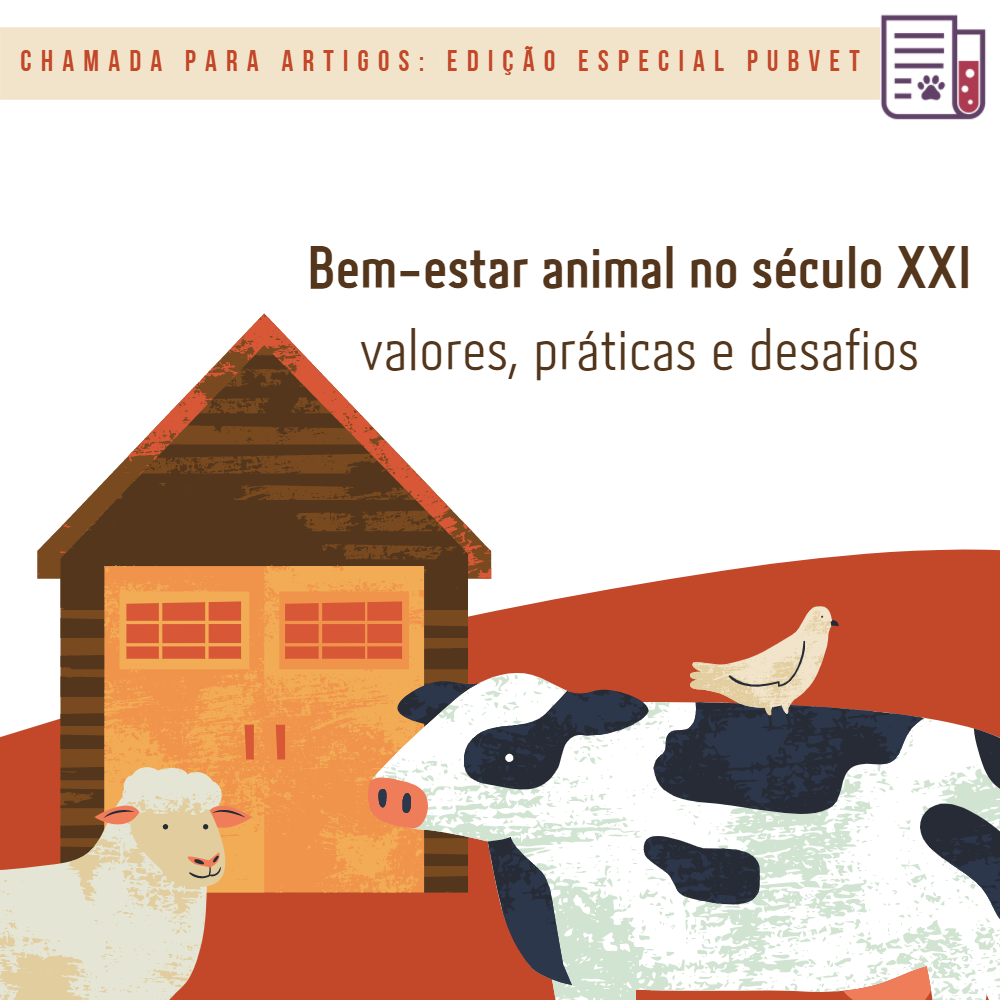Ethical population management of feral cats on universities campuses based on Trap-Neuter-Return protocol
DOI:
https://doi.org/10.31533/pubvet.v16nsup1.a1303.1-6Keywords:
Feral cats, stray cats, trap-neuter-return, animal welfareAbstract
Trap-Neuter-Return (TNR) is the humane and effective approach for stray and feral cats. Studies show that TNR programs improves the lives of feral cats, improves their relationships with the people who live near them, and decreases the size of colonies over time. In this kind of population management, unowned cats are humanely trapped, brought to a veterinarian to be sterilized, vaccinated, ear tipped and then returned to their outdoor home. In the present study TNR program was established on two university's campuses, at Salto and Itu counties, where feral and stray cat population was uncontrolled. From the beginning of the program in August 2020, an ongoing careful audit of campuses’ cats was conducted based on daily observations of cats seen at feeding sites and other campuses' locations, by the staff of the program. At Salto university campus 32 cats were recorded, 13 males and 19 females. At the Itu university campus 25 cats were recorded, 12 males and 13 females. The results of TNR programs are most commonly quantified by the number of cats sterilized. In the present study 75% of the cats’ colony (7 males and 17 females) were sterilized at Salto´s campus. In the other hand, at Itu´s campus, 68% were sterilized (6 males and 11 females). Furthermore, a total of 14 kittens were placed for adoption (6 from Salto and 8 from Itu). Issues and solutions for dealing with unowned free-roaming cats are not simple, inexpensive, or broadly applicable. Trap and remove for euthanasia have been practiced in many localities for many years as part of animal control programs. Nonetheless, no location has ever achieved long-term control of free-roaming cats by use of this method. The provision of affordable services to neuter free-roaming cats raises awareness that cats require and deserve responsible care and enables people to behave ethically when cats take up residence on their property or in their neighborhood.
Downloads
Published
Issue
Section
License
Copyright (c) 2022 Priscilla Lopes Grillo Stivanelli Vecchi, Larissa Fernandes Santos Grandi, Fabiana Merida, Vivian Lindmayer Ferreira Cisi

This work is licensed under a Creative Commons Attribution 4.0 International License.
Você tem o direito de:
Compartilhar — copiar e redistribuir o material em qualquer suporte ou formato
Adaptar — remixar, transformar, e criar a partir do material para qualquer fim, mesmo que comercial.
O licenciante não pode revogar estes direitos desde que você respeite os termos da licença. De acordo com os termos seguintes:
Atribuição
— Você deve dar o crédito apropriado, prover um link para a licença e indicar se mudanças foram feitas. Você deve fazê-lo em qualquer circunstância razoável, mas de nenhuma maneira que sugira que o licenciante apoia você ou o seu uso. Sem restrições adicionais
— Você não pode aplicar termos jurídicos ou medidas de caráter tecnológico que restrinjam legalmente outros de fazerem algo que a licença permita.





